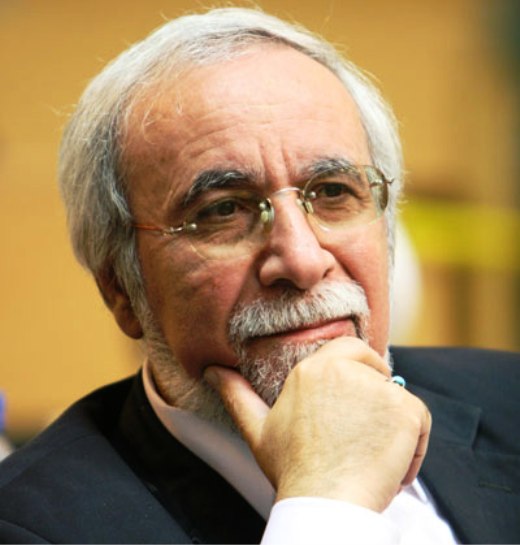Saudi King Salman carried out major reshuffles in the line of succession and his cabinet on Wednesday (April 29). Saudi watchers believe that the sudden, dramatic changes in the top tiers of the Saudi system reveal huge cracks inside the Al Saud family.
A crisis fuelled by infighting and the ensuing rise of the neophytes to power will challenge Saudi Arabia’s policies on the international stage more than ever before.
Sabah Zanganeh, a former Iranian diplomat who is widely known for his familiarity with the developments in the Arab world, has – in an interview with Khabaronline on April 30 – looked at the shifts and rifts in Saudi Arabia.
The following is a partial translation of the highlights of Zanganeh’s remarks in the interview:
Zanganeh holds that the Saudi aggression against Yemen has been the driving force behind the escalation of the political crisis in the kingdom, saying certain members of the Al Saud family who are the movers and shakers of the political structure – including Muqrin [bin Abdulaziz who briefly served as crown prince and] whose mother is of Yemeni descent – have been unable to live with the fact that Saudi Arabia has waged a war against Yemen.
He further says the sons of King Salman – more than anybody else – have played a key role in causing these seismic shifts.
He goes on to say, “If we take a closer look at the dismissals and appointments [changes in the cabinet makeup], we can find defects and shortcomings – as far as the Arabic language are concerned – in the [wording] of the royal orders which announced the changes [cabinet reshuffle].
“They [shortcomings] reveal the hasty decisions [by the Saudis] to escape the problems which should be addressed thoroughly. At a time when a number of direct descendants of Abdulaziz are still alive, the rise of third-generation princes to power would fuel infighting in the Al Saud family”.
Zanganeh also says dismissal of Prince Mutaib bin Abdullah and refusal to name Abdulaziz bin Abdullah, the deputy foreign minister, as replacement for his boss [Saud al-Faisal] will create shockwaves down the line.
As for the effects of the royal reshuffle on Riyadh’s ties with Tehran, he says the newcomers – who are inexperienced – hold negative views compared with their predecessors, thus Saudi Arabia will face still more challenges on the world stage.
